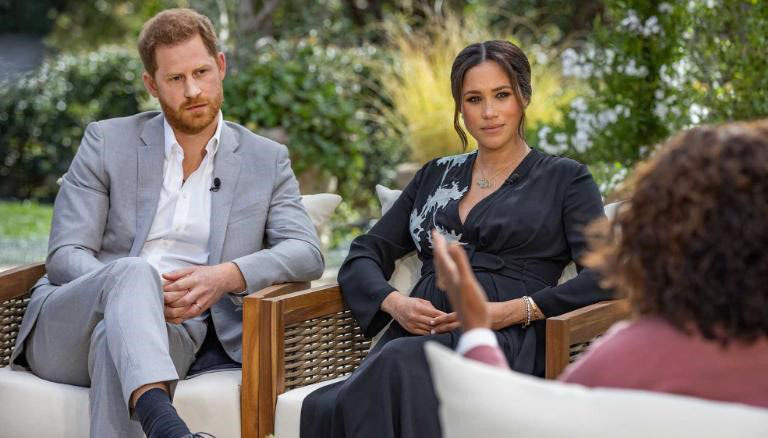
While I don’t care much for the British Royal Family, the interview Harry and Meghan did with Oprah and all of the commentary that followed touched a nerve for so many, particularly black people. There was an irony of two rich, young and privileged people finding themselves experiencing pain and isolation in ways so many were able to relate to from an institution whose core foundation was built on racism and white supremacy.
As we continue to take in the commentary about the interview, I hope we could finally put the following to rest:
Blackness/Colour Card – While the frank reality is that Black people with lighter skin manage to progress faster than those who are darker, the severity of the pain remains the same. In fact, that pain is even riddled with guilt because while there is relative acceptance in certain social circles you are constantly reminded of your otherness and how quickly it can change if you choose not to tow the line.
Suicidal Ideation/ Mental Health – Suicidal ideation and thoughts are real. They can happen to anyone and it is such an ugly truth to confront. I had them when I had just moved to Europe and my life, according to society’s markers of doing, well ticked all the boxes. I had food, a happy marriage, money. When we seek to quantify how happy someone should be based society’s material and social markers we further isolate people who are hanging on by a thread. Mental health problems cut across all races and economic brackets.
Familial Respectability Politics – ‘Family business is family business’ and ‘blood is thicker than water’ are two of the dumbest statements I have ever heard growing up. What they do is condition and programme you to believe that problems can only be sorted within certain confines. It is damaging, toxic and extremely unhealthy. To assume that there are no other alternatives to the opinions of a specific group who have all had their own experiences is counterproductive to growth.
We will all take away our own lessons from the interview and some may choose to ignore it which is a valid stance, but like every experience there are lessons to be learnt and God knows it will help reduce the burden of so many who are literally feeling exhausted from saying the same thing over and over.






